Industry information
Company News
- Fluorocarbon aluminum veneer: an innovative material for architectural aesthetics
- Aluminum veneer: a light luxury element in modern architecture
- Aluminum veneer: the 'invisible star' of the construction industry
- Fluorocarbon aluminum veneer, the new darling of fashionable building materials!
- Aluminum alloy air conditioning cover: the cool little guardian guarding summer!
Industry dynamics
- Aluminum veneer customization, creating an artistic journey of personalized space
- Fluorocarbon aluminum veneer: a choice for light luxury, the fashionable wing of modern architecture
- Production process of aluminum veneer and measures to reduce environmental pollution through environmental protection
- Fluorocarbon aluminum veneer: the 'hidden hero' of modern architecture
- Market Analysis and Research Report on Aluminum Veneer Prices
Frequently asked questions
- What are the manufacturers of aluminum veneer and how to choose?
- What is the production process of aluminum veneer?
- What is the price of aluminum veneer?
- What is the wind pressure resistance performance of aluminum veneer?
- What are the manufacturers of aluminum veneer?
contact us
Mobile:+86 15627778610
Email: 2201229786
Address: No. 5 Binjiang Road, High tech Zone, Zhaoqing City, Guangdong Province
Analysis of Sound Insulation Effect of Aluminum Single Panel
- Author: Xinlongtai Aluminum Industry (Guangdong) Co., Ltd
- Release time: February 20, 2025 06:07:44
- Click:0
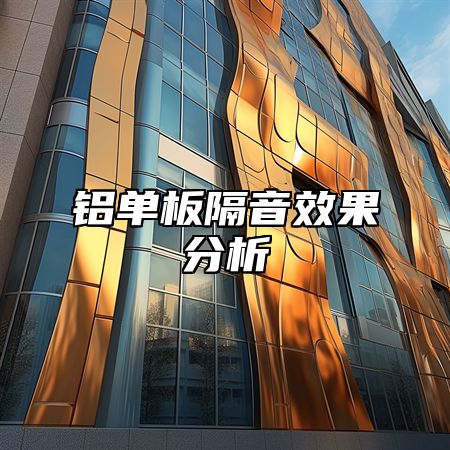
Aluminum veneer, as a commonly used building material, its sound insulation effect is also one of its important performance indicators. This article will provide a detailed analysis of the sound insulation effect of aluminum veneer from the aspects of material characteristics, surface treatment, and application environment.
1、 Material characteristics of aluminum veneer
The main component of aluminum veneer is aluminum, which has a low thermal conductivity and therefore has good insulation performance. Aluminum veneer also has advantages such as lightweight and corrosion resistance, which can effectively improve the overall sound insulation effect of buildings. However, aluminum veneer has relatively weak absorption ability for sound waves, so its performance in sound insulation is average.
2、 The influence of surface treatment on the anti sound insulation effect
The surface treatment of aluminum veneer also has a significant impact on its sound insulation effect. Common surface treatment methods include anodizing, electrophoretic coating, fluorocarbon spraying, etc. Fluorocarbon spraying is a commonly used surface treatment method that can improve the sound insulation effect of aluminum veneers by forming a layer of fluorocarbon coating on the aluminum surface. This layer of fluorocarbon coating can effectively block the propagation of sound waves, thereby achieving the purpose of sound insulation. Fluorocarbon coatings also have good weather resistance and anti-corrosion properties, which can effectively extend the service life of aluminum veneers.
3、 The impact of application environment on anti sound insulation effect
The application environment of aluminum veneer can also affect its sound insulation effect. Generally speaking, aluminum veneer is easily affected in noisy environments, leading to a decrease in its sound insulation effect. When using aluminum veneer, it is necessary to choose the appropriate surface treatment method according to the specific application environment and pay attention to maintenance to extend its service life and maintain good sound insulation effect.
4、 Conclusion
The sound insulation effect of aluminum veneer is closely related to its material characteristics, surface treatment, and application environment. In order to ensure good sound insulation effect of aluminum veneer, it is necessary to strictly control the quality of each link in the production process and select appropriate surface treatment methods according to the specific application environment. Regular maintenance is also required during use to extend its lifespan and maintain good sound insulation.

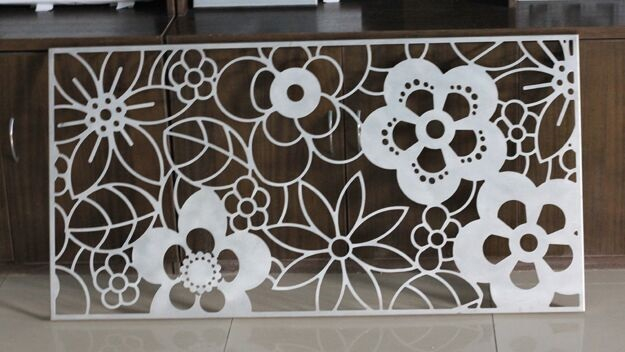
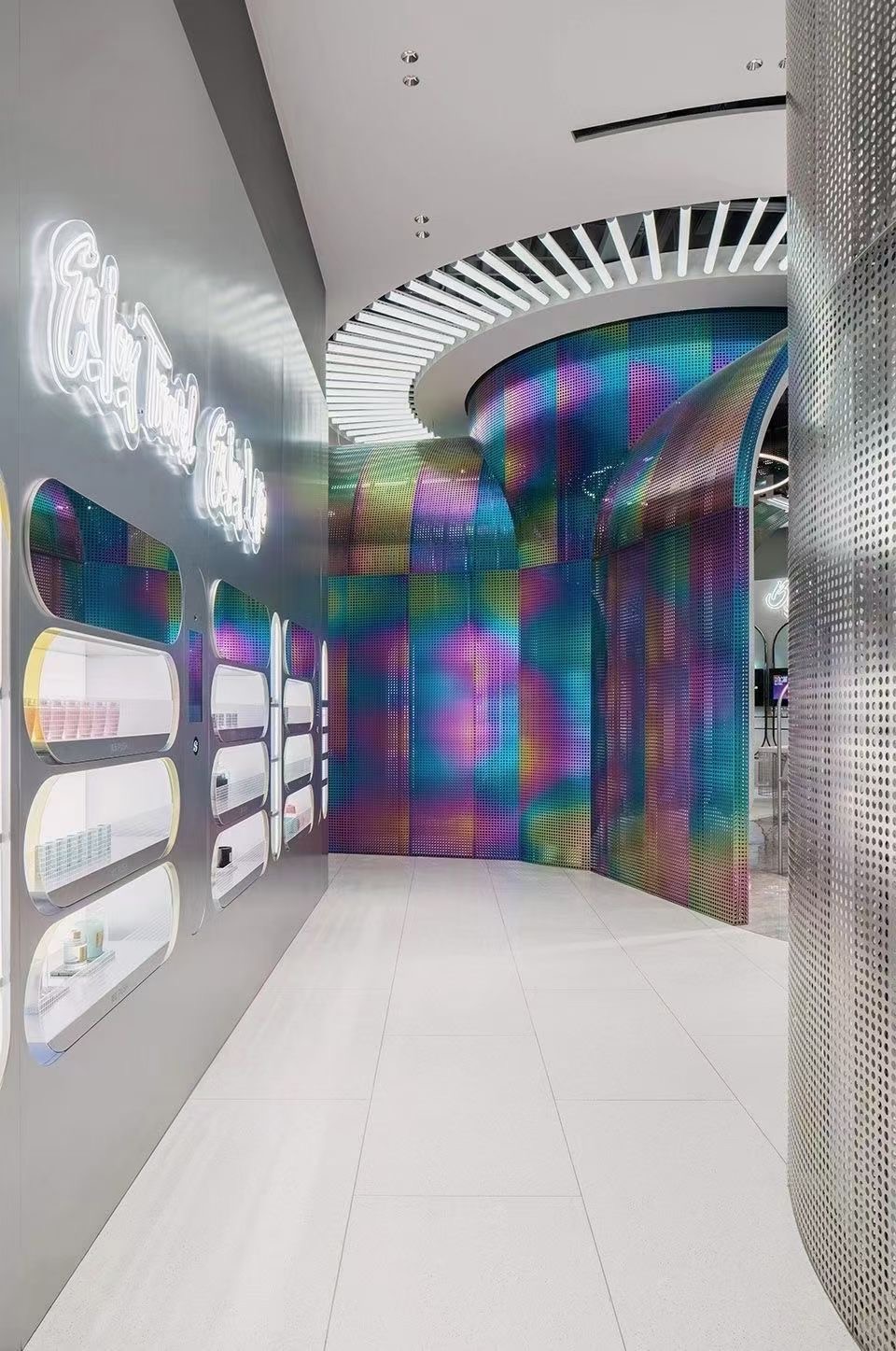
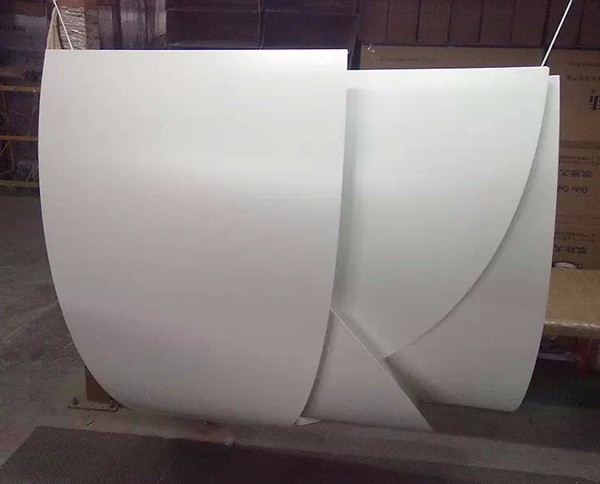
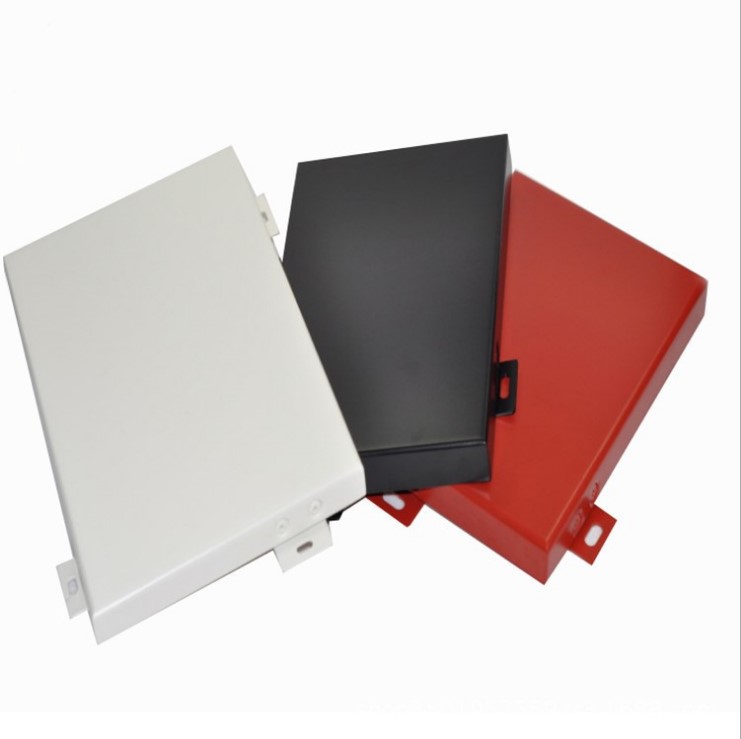
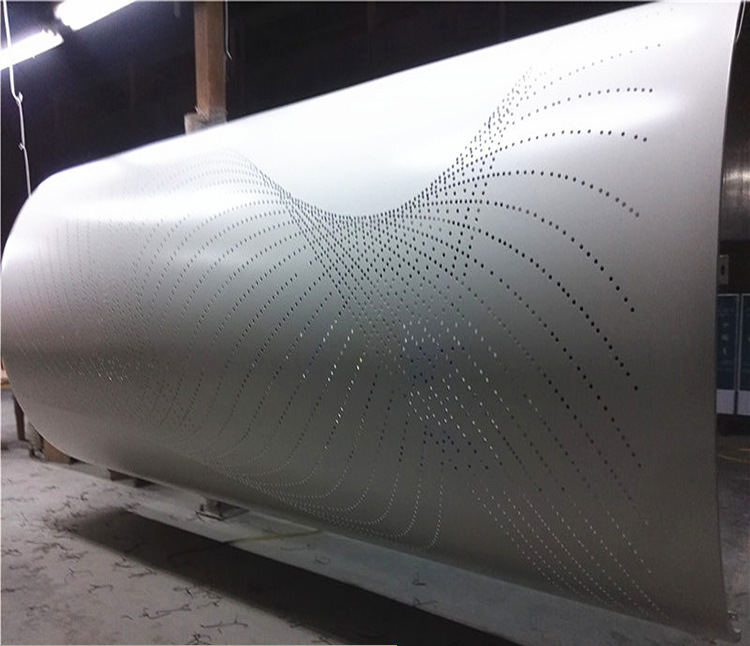
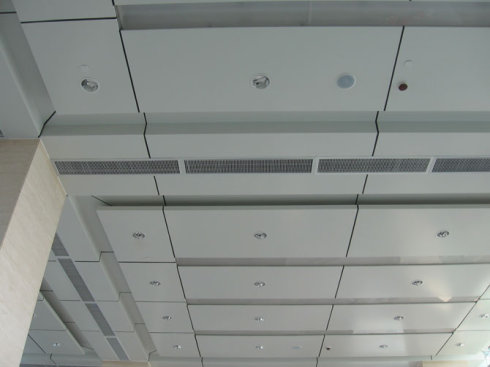
 Customer service QQ
Customer service QQ